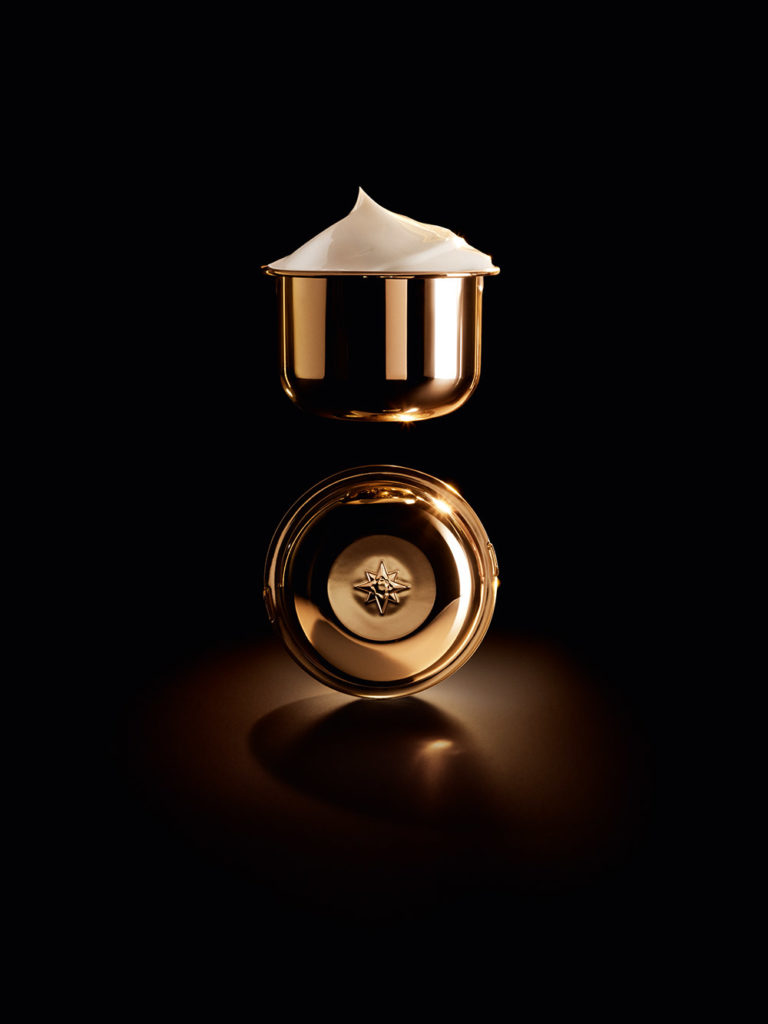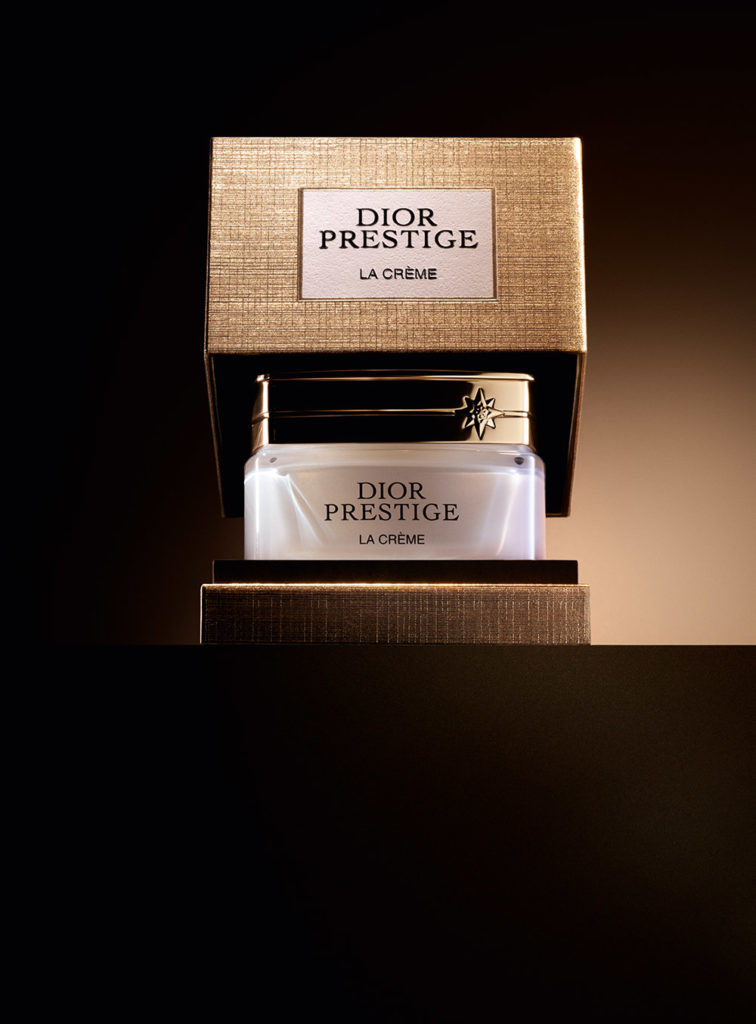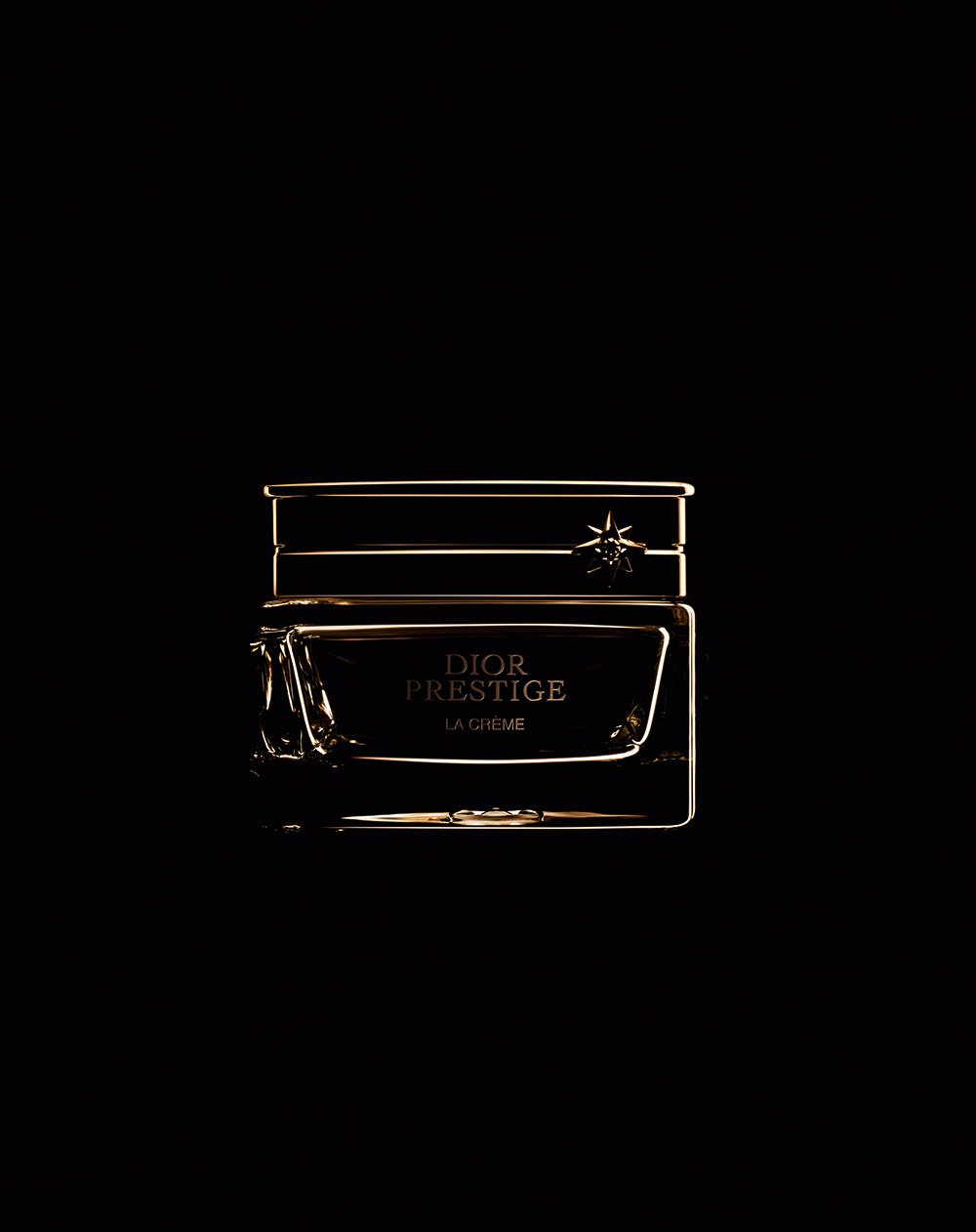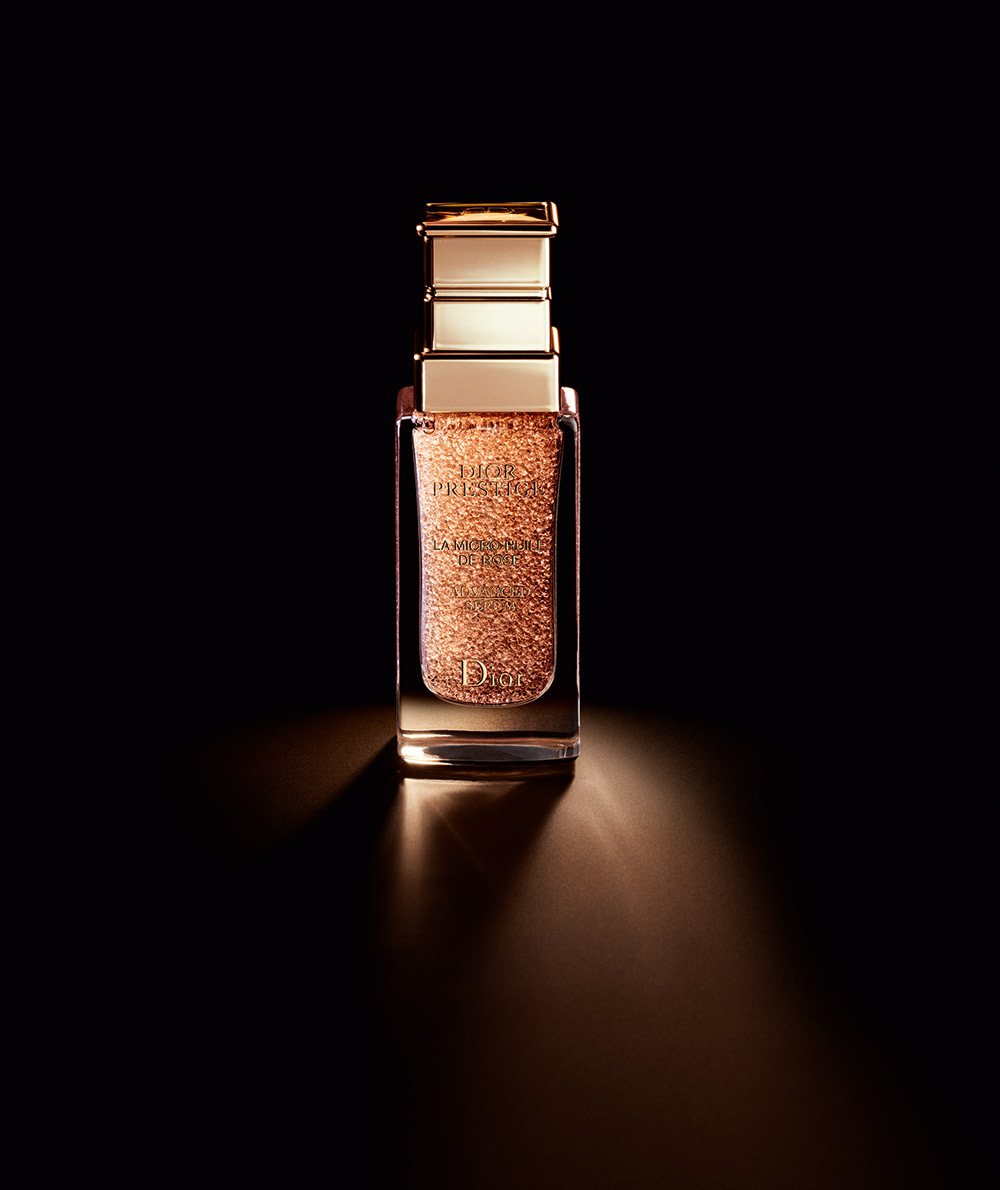From the time he was just a young boy, Christian Dior had a true passion for gardening and horticulture. He spent most of his childhood at the Villa Les Rhumbs in Granville, France, where he and his mother Madeleine tended to the expansive gardens. Near the home, on the cliffs of Normandy overlooking the sea, grew a type of wild rose that would later become known as the Rose de Granville: a stunning and resilient breed of flower that Dior is now harnessing for the launch of La Crème, a powerful anti-aging cream.

Dior scientists were fascinated by the resilience of the rose, which can stand up against 110-kilometre-per-hour winds and fungal diseases that can cause black spots. They discovered that the flower boasted astounding skincare benefits thanks to its molecular properties: the cryo-extract of the flower is 71 times more effective than vitamin E, the thermo-extract of the fruit is 61 times more powerful than vitamin C, and the bioenzymatic sap extract is 41 times more effective than niacinamide and vitamin C and two and a half times more powerful than retinol. The result of these discoveries is Rosapeptide, a concentrate extracted from the rose, which acts on the three levels of the skin to strengthen the skin barrier, regenerate the epidermis, and re-densify the dermal matrix. In fact, the exclusive ingredient is so potent that La Crème has the power to reverse skin’s biological aging (which is characterized by the alteration
of biomarkers such as collagen and hyaluronic acid). Studies show that, within just eight weeks of using La Crème, skin looks six years younger.
Become an S Insider
The latest in fashion, beauty, design, and arts & culture.
This year, Dior dedicated an entire garden—the house’s first rose nursery—to the Rose de Granville. Just 20 kilometres from the Villa Les Rhumbs and the cliffs where their wild ancestor grew, the Dior Rose Garden is home to more than 32,000 rose bushes (by 2023, there will be over 50,000). Dior also established a laboratory at the Rose Garden, where the sustainable extraction process takes place. The entire rose (including flower, fruit, and stem) is harvested and pressed to extract the precious molecules.
Even more impressive than the beauty of the delicate pink rose is the fact that the garden uses regenerative cultivation in a biodiverse environment. This means no chemical fertilizers or pesticides are used, and that the landscape sees a healthy presence of birds and bees flock to the surrounding trees, bushes, and other plants. A community of rose growers, agroecologists, and landscape gardeners maintains the garden. “We really have to take care of the environment, because it’s simply about
the survival of humanity,” says Patrick Choisy, head of natural materials and sustainable development innovation at LVMH Recherche. By next year, the Dior Rose Garden will be certified by the UEBT (Union for Ethical BioTrade).

As part of Dior’s commitment to leaving only beauty as a legacy, La Crème’s formula is made up of 94 percent natural-origin ingredients. And, in an effort to reduce greenhouse gas emissions, the packaging
is refillable, which means the CO₂ footprint can be reduced by almost 50 percent from the first refill and by more than 70 percent from the third. Even the glass jar and cardboard box are made from recycled and recyclable materials, and the paper leaflet has been replaced with a QR code.
From the moment its seeds are planted to the moment it’s harvested for pressing, the Rose de Granville is showered with love and care, which translates into an amazing, sensuous experience with La Crème. We can’t imagine Christian Dior would have wanted it any other way.
Photos courtesy of Parfums Christian Dior





